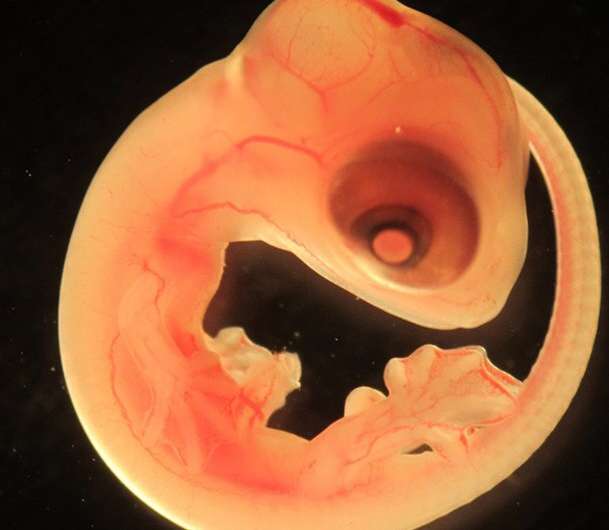Worms discovered in the brain of lizard embryos for the first time

Researchers have discovered nematodes, or worms, in the brains of lizard embryos. This is the first time they have been found in reptile eggs, and it was previously believed that egg laying prevents parasites from being transmitted in this way.
The discovery was made by an international research team led by Nathalie Feiner, evolutionary biologist at Lund University in Sweden. They found the worms while studying common wall lizards across Europe, but the nematodes were restricted to a single population in the Pyrenees.
"I was shocked when I saw something moving in the embryo's brain, despite having dissected many lizard eggs before," says Nathalie Feiner.
The next surprise came when the team then found nematodes in the mothers' ovaries.
The worms discovered in the ovaries and the brains of the embryos are a new species of roundworms. The researchers believe that they originate from nematodes in the intestines of the lizards, and have adapted to a new life style in the ovaries of the females. They also think that the worms enter the developing brain from the female ovary early in embryonic development, suggesting that male lizards do not spread the parasites.
According to the researchers, the siblings of the dissected embryos were healthy when hatched, despite having worms in their brains.
Nathalie Feiner will not take the research further. However, she hopes that other researchers will pick up where she left off:
"Parasites are not my research area, so I hope others build upon this discovery. It would be exciting to know if this vertical transmission is unique to the nematodes we found in the common wall lizards, or if this occurs in other species as well. It would also be interesting to find out if the lizard's behavior is affected by having worms in their brains," she concludes.
More information: Nathalie Feiner et al. Vertical transmission of a nematode from female lizards to the brains of their offspring, The American Naturalist (2020). DOI: 10.1086/708188
Journal information: American Naturalist
Provided by Lund University




















